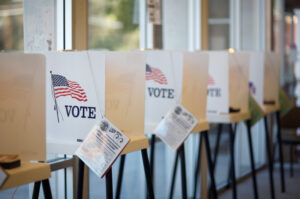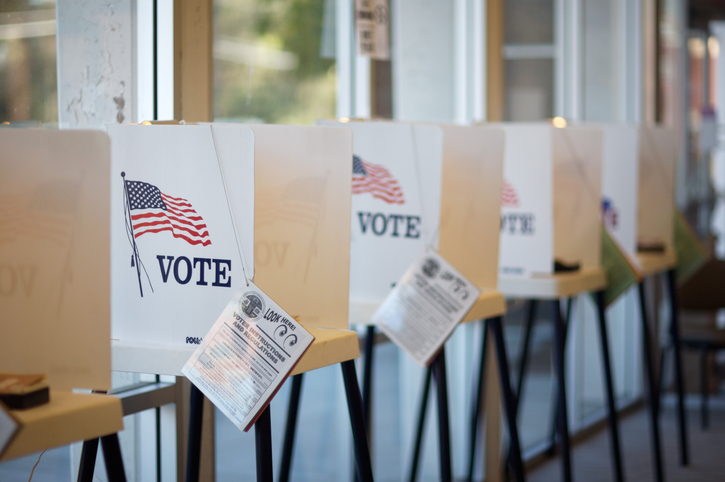 This is not a piece about candidates, or even the 2016 elections or the results thereof. This is not even about politics. This is about the security of our elections and, indeed, the future of our democracy. And it’s about cybersecurity.
This is not a piece about candidates, or even the 2016 elections or the results thereof. This is not even about politics. This is about the security of our elections and, indeed, the future of our democracy. And it’s about cybersecurity.
As reported in Motherboard, the nation’s largest voting machine maker has changed its story and now says that it did install remote access software on machines it sold between 2000 and 2006, in the wake of the “hanging chad” days of Florida recounts. They changed their story only after the subpoena power and congressional review suggested more complicated consequences for withholding the truth. If you find it unlikely that machines put into service that long ago are still in use, remember that we still use air traffic control technology that was outdated in the 1980’s. There’s a good chance that the machine you’ll be standing over is vulnerable to hacking. And regardless of political affiliation, that near certainty should scare you.
The Air Gap Of Elections
Our elections are supposed to be representative of the times and tastes of the American people. Similarly, the machines we use to express those opinions are supposed to be air gapped, or separated from the internet. It’s hard enough to abide the media conflagration and barrage of robocalls that accompany most elections. Must we surrender our privacy at our most intimate point of connection with our democracy, the ballot box?
Our democracy is not perfect, nor will it ever be, but it is the social construct that binds us together as American citizens and gives us a voice in how freedom will ring. That seems worthy of vigilance and protection, on the battlefield and at the ballot box.




